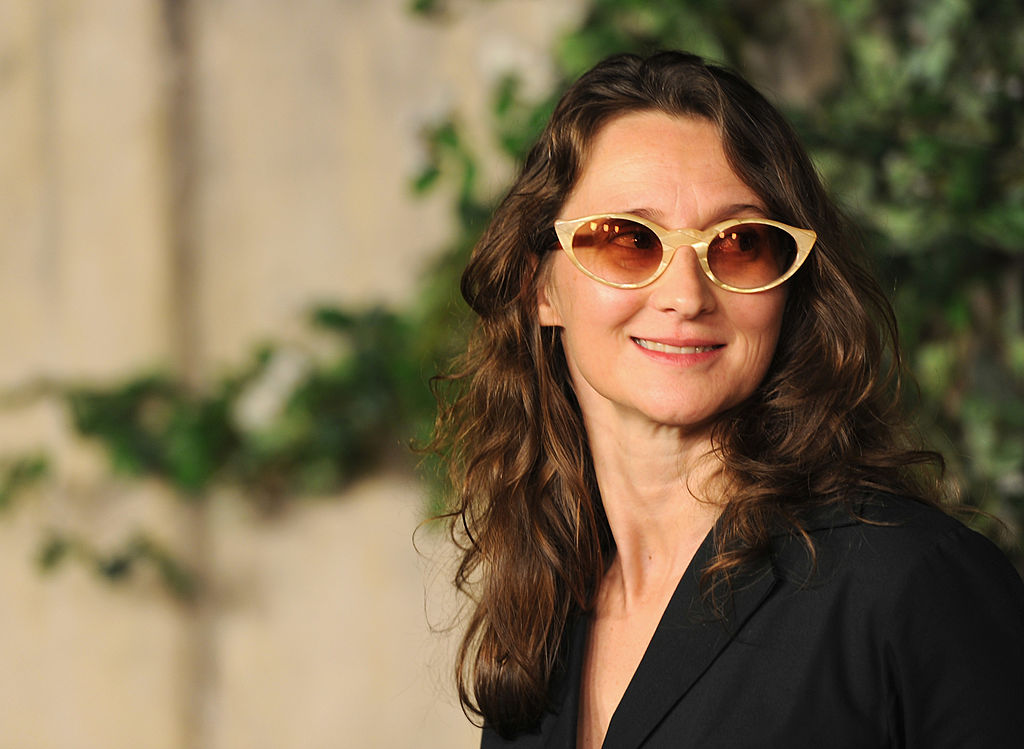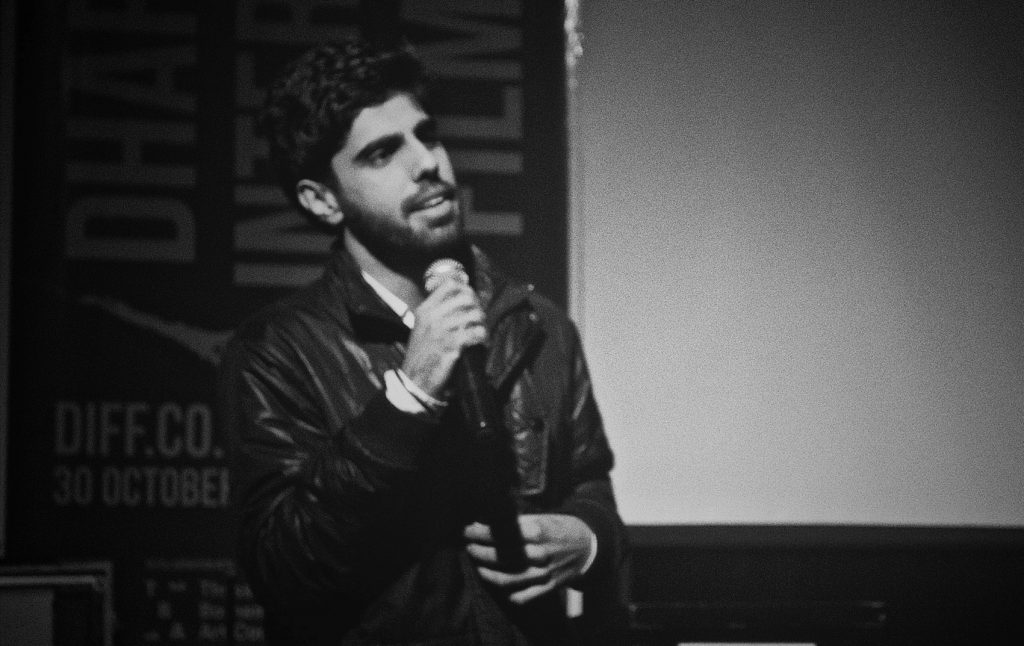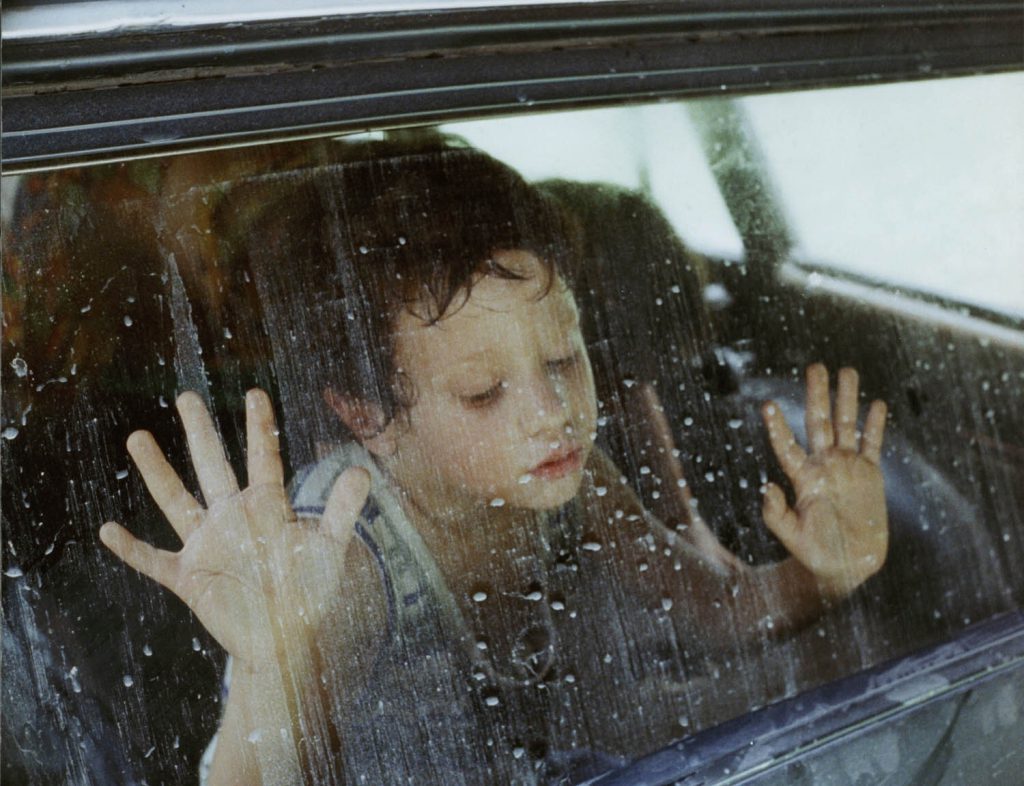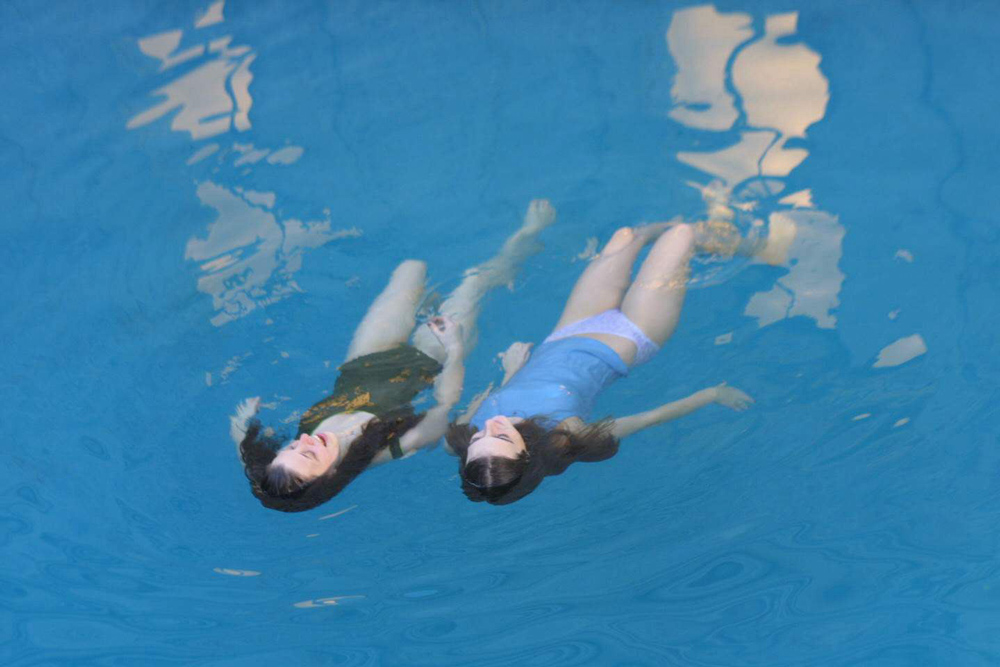
Quality international cinema is hard to come by unless one has access to streaming websites and a helluva internet bandwidth (Air!e!, we’re glaring at you). For ardent cinephiles, the best (and perhaps, most ethical) way to contribute to the discourse around cinema is by attending screenings at film festivals or cultural institutions. With an aim to broaden the reach of great films beyond conventional spaces, Delhi-based Lightcube Film Society is organising A Series of Deceptions, a retrospective of the films of Argentine filmmaker, Lucrecia Martel.
The series will include five Martel films from her 30 year-long career, as well as two films she has identified as influences on her own work: Ingmar Bergman’s The Silence (1963) and John Cassavetes’ Love Streams (1984). The films from Martel’s oeuvre include two shorts and all the feature films before Zama (2017).

Anuj Malhotra
Having successfully covered the works of Alain Resnais, Satyajit Ray, Fritz Lang, and Youssef Chahine, Anuj Malhotra (Co-founder, Lightcube), chats with us about the film club, its larger aims, and curatorial choices. On organising a retrospective of a female filmmaker for the first time, Malhotra admits that film festivals all over the world have various modes of exclusion in place, such as class, caste, race, gender, and political affiliations. Resenting the undue amount of power that the festival curator holds, Malhotra adds, “As much as I would hope this is not the case, I will have to admit that our decision to organize a retrospective of Lucrecia Martel is, at least to a certain degree, a compensatory act – a conscious attempt to atone for the myopia of our past.” However, he is quick to add, “Of course, this is not to undermine the inherent values of Martel’s films, which are increasingly relevant to the present Indian milieu through their deep, rich examination of a middle-class burdened by guilt, delusion, a traumatic past, their complicity in state violence – and the various mechanisms of denial they adopt to stay sane.”

Image: streamline.filmstruck.com; A Still from ‘The Swamp’
For their annual calendar, Lightcube’s curation team — comprising Malhotra, Co-founder Suraj Prasad, and festival curator Aviya Chadha — wanted to pursue full retrospectives of Lucrecia Martel, Athena Rachel Tsangari, and Andrzej Zulawski. They successfully secured funding and generous support from the Embassy of Argentina for the first, but the other two are in a limbo (“Anyone who can help and is reading – do act,” urges Malhotra). They hoped to include the filmography of not just the three directors, but also a selection of films which have influenced their craft. With Martel, research revealed that she actively reflects upon Love Streams and The Silence as worthy influences on her work. Malhotra believes that it is wonderful to organize a retrospective as an opportunity to not merely see a director’s work, but also see with them.
Operational for over five years, Malhotra considers it miraculous to have survived without any external funding, which he sees both as a matter of pride as well as lament. Following their convictions, Suraj Prasad and Anuj Malhotra have published an online magazine (Projectorhead), a print journal (Umbra), organised programmes, workshops, and installations (Mirage by the Sea). He adds, “Our greatest accomplishment has been the community of young, incredibly talented individuals whose abilities we have mobilized in one way or the other, and who gather around Lightcube not for any other reason, but because of their faith in the work we do.”

Image: bombmagazine.org; A Still from ‘The Holy Girl’
In the contemporary era, individual viewers are defining the nature of their own reception – whether geometrical, spatial, and therefore, spiritual – of the screen-deity. He elaborates that the screen is a deity to be worshipped because cinema is a place where people from different milieus congregate, in the same way that cricket unites people in our country. The choice of venue, therefore, is crucial to the experience. “We were on the lookout for a venue which is not staid or dormant, but is an organism unto itself — alive, mobile, and dynamic.” Bedlam, which virtually resembles the 14th century hospital from where the word originates, seemed ideal because its design and the nature of interaction it facilitates with the screen is basically distilled chaos. “It will help us explore newer ideas of how people react with films in this day and age.” Additionally, Bedlam completely fulfills the Society’s declared mandate of choosing venues that are intimate, small, with movable furniture and therefore, always in a state of transition.
A Series of Deceptions will run from 15 to 17 December, 2017, at Bedlam, Hauz Khas Village. Book your passes here.
Disclaimer: The opinions expressed in this feature are those of the interviewee and do not necessarily reflect those of DSSC & its affiliates.
Featured Image Courtesy: remezcla.com

